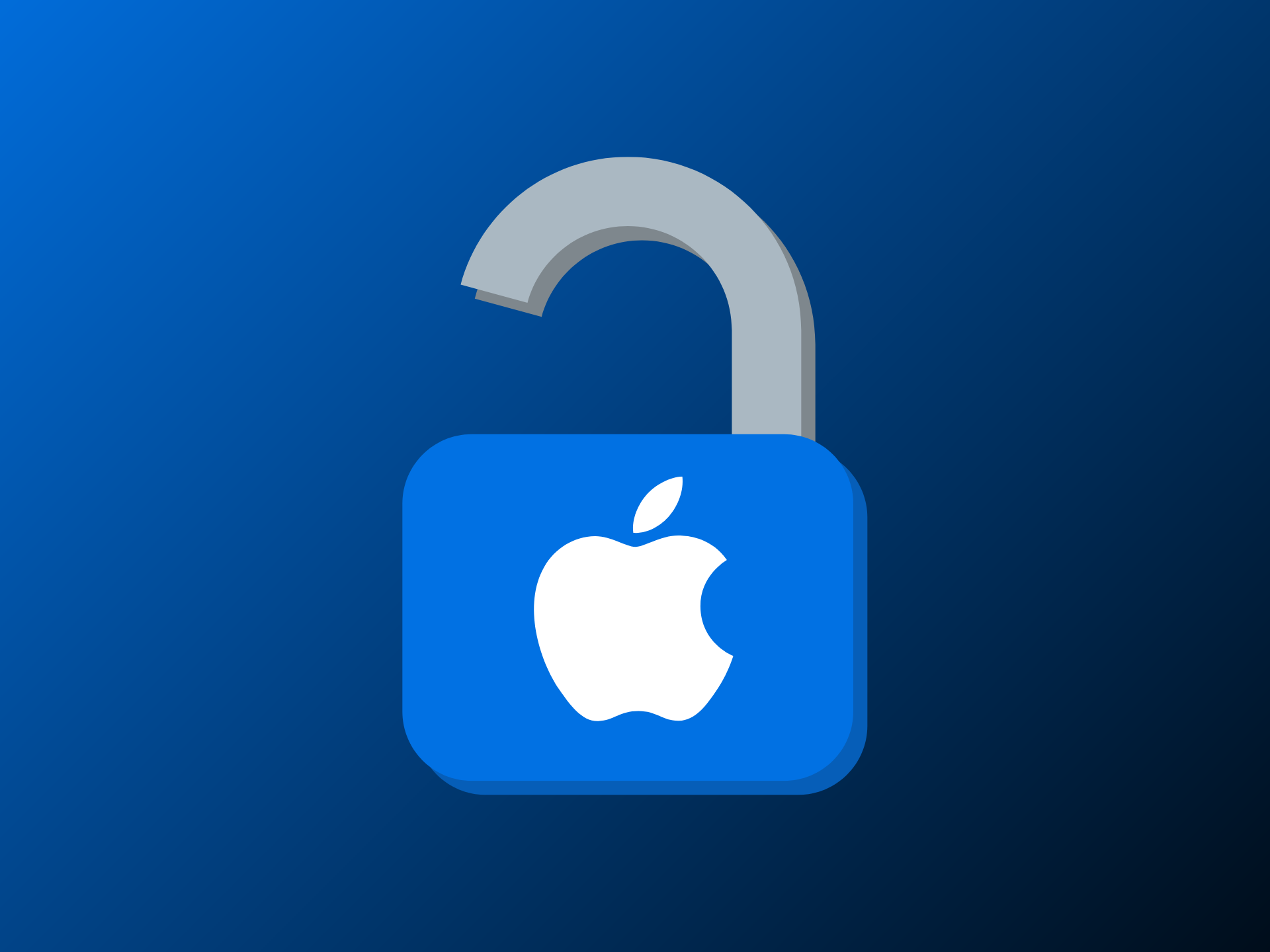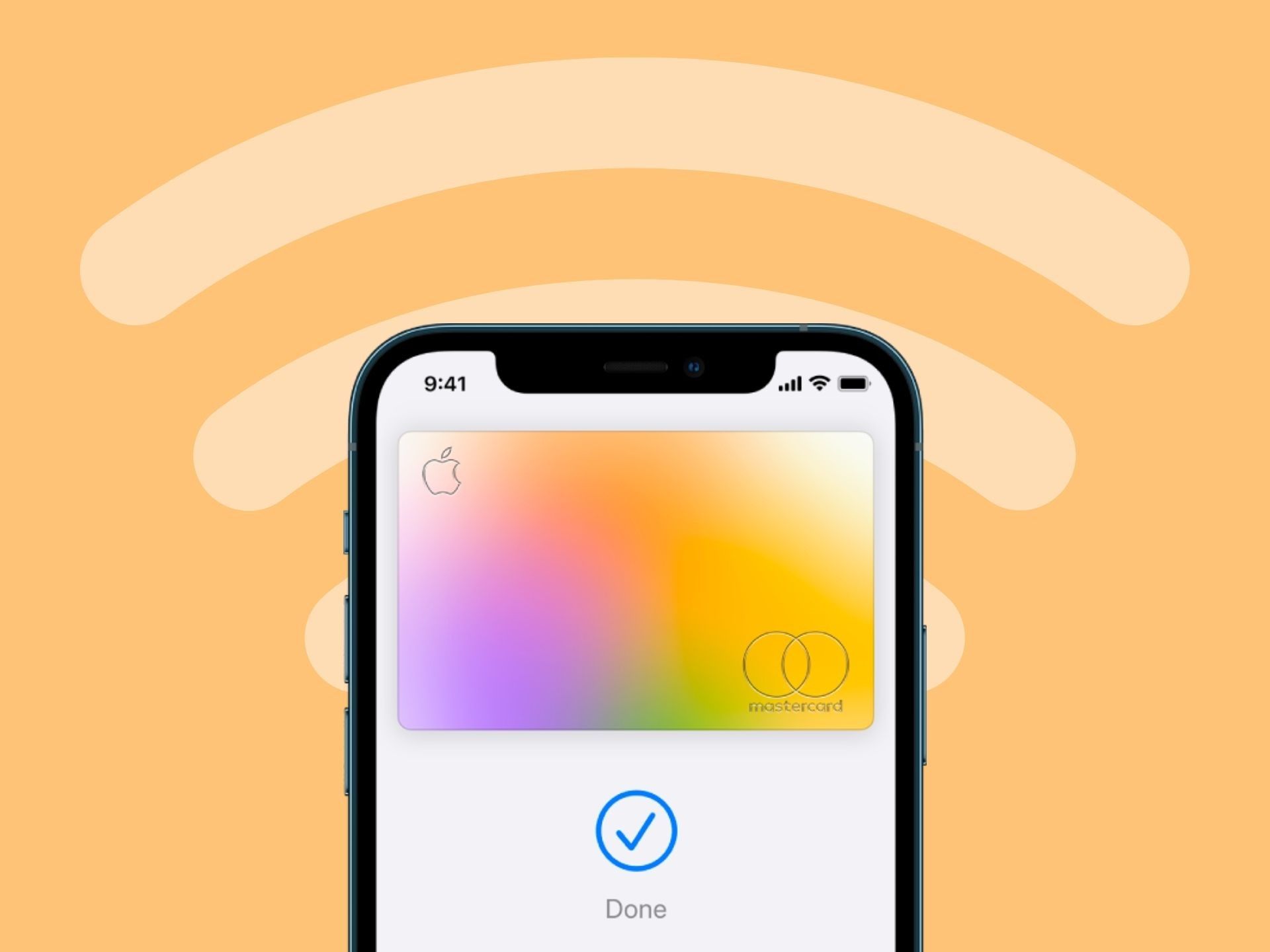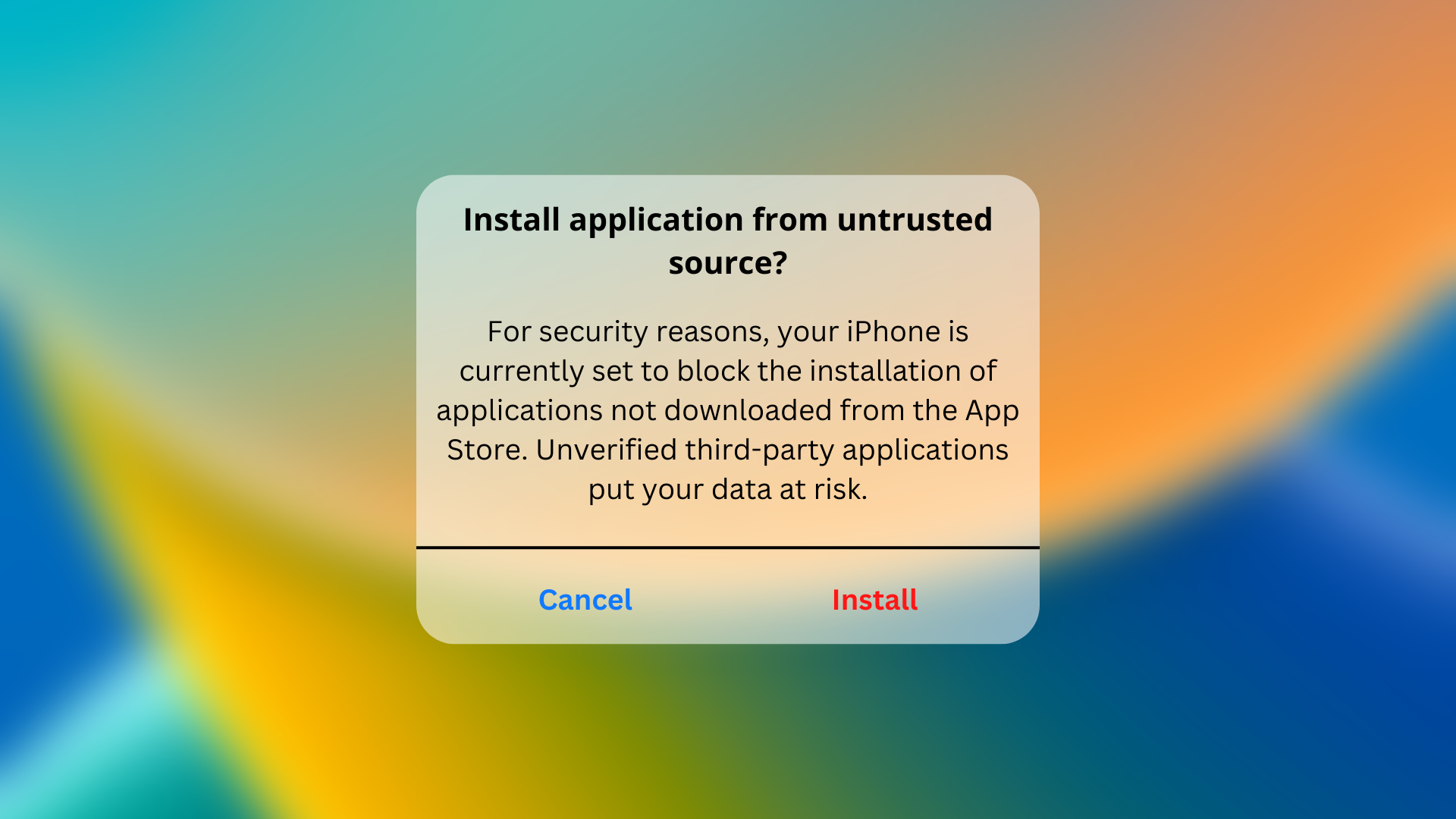Apple is constantly under pressure from regulators to open up parts of iOS and iPadOS. In the past, regulators have forced Apple to allow developers to link to alternative and third-party payment methods outside of the App Store. However, Apple restricted this by requiring developers to pay the App Store fees, whether it was made inside or outside of the App Store. According to a new report from Bloomberg (via 9to5Mac), Apple is considering loosening its restrictions by opening up certain parts of its ecosystem to third parties. Bloomberg’s sources claim that Apple is working on opening up its private APIs to third-party developers and apps. This could mean that sideloading, NFC, camera access, the Find My Network, web browser engines, and “other areas of Apple’s software” could soon be open to companies and apps, says Mark Gurman.
Apple is currently pressured by the EU’s Digital Markets Act (DMA) to open up the locked platforms, but it’s unclear when these changes could come into action, and whether they would apply worldwide, or be restricted only in the EU. For those unaware, the DMA is a set of “rules for digital gatekeepers”, aiming to make a fair and equal level of playing field for all companies, developers, and apps. The European Union says in a press release that the changes will have to come into effect by March 6, 2024. We have gone into more detail about the Digital Markets Act, where we take a look at whether the EU could force Apple to play by its rules.
What does this mean?
For starters, Apple could be forced to comply with new regulations by opening up its ecosystem. Currently, mobile wallets are unable to offer NFC payment methods to their users, as companies like PayPal and Google are unable to access crucial components inside the iPhone, such as the NFC chip. As a result, these companies cannot offer their own services, and users are forced to use Apple’s sole solution, yielding millions of dollars in revenue.
The law could also force Apple to open up its ecosystem, and offer users an option to sideload applications onto their devices. Still, there are talks about allowing developers to use their own browser engines. Apple restricts browsers and forces them to use the WebKit engine, which also powers Safari, and other well-known apps on iOS. If the rules were to take effect, Apple would have to allow third-party web engines, allowing Chromium and others to join the platform.
The Find My Network has also been mentioned, which could be extended to third-party accessories, offering an even broader network and better support. This could allow third-party manufacturers to make accessories compatible with the Find My Network. Tile has been struggling since Apple released its AirTag, and has been vocal about the restrictions and the uncompetitive behavior it faced by Apple.
How will this affect you?
If the changes were to come into effect, they could result in massive changes to how we think about iOS and iPadOS. Apple, as a gatekeeper, would be forced to allow more options, providing developers with alternative ways to earn income and conclude their business. The changes would pave the way to a fairer future. However, the problem with the current regulation is that it's only introduced by the EU. Even if Apple decides to do these changes, it could try to find alternative solutions to restrict developers.
And since it's a regulation drawn up by the EU, there’s the question of whether Apple would apply these practices worldwide, or in North America – which seems very unlikely, unless local lawmakers force it. Why would Apple open up its walled garden on its own and give up control, and millions in revenue. It wouldn’t make sense for Apple to willingly do this in other regions. If anything, we can see Apple put up a fight. Suppose Apple is forced to make the changes. In that case – judging by how the company handled similar situations in the past – we could see Apple introduce even more restrictions for its developers and companies to bend the rules and develop its policies. Apple is unlikely to give up without a fight to protect its control and revenues.




